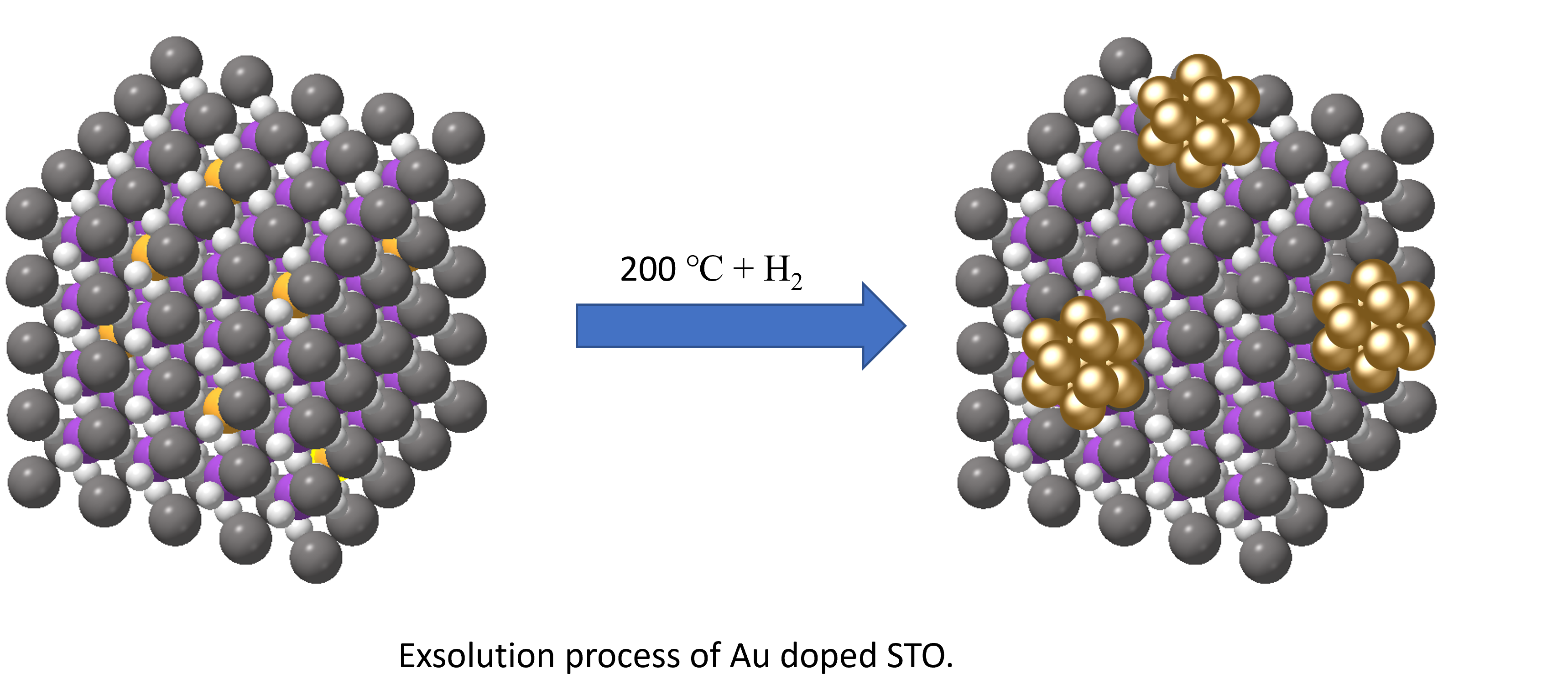(532dt) Designing Catalytically Active and Thermally Stable Nanoparticles Via in-Situ Exsolution
AIChE Annual Meeting
2022
2022 Annual Meeting
Catalysis and Reaction Engineering Division
Poster Session: Catalysis and Reaction Engineering (CRE) Division
Wednesday, November 16, 2022 - 3:30pm to 5:00pm
Nanoparticles (NPs) supported on oxides are known as promising catalysts for such important chemical reactions as CO oxidation, water-gas shift and CO2 hydrogenation. The size and morphology of NPs play a vital role in determining the catalytic performance. During catalytic reactions, supported NPs often undergo agglomeration and lose their catalytic activity. Therefore, the thermal stability of NPs is one of the most important factors for their developing of practical application. In this work, we synthesized highly stable, ultra-small Au nanoparticles using in situ exsolution method, whose average size remained below 2 nm after annealing at 600 ℃ for 24 hours in hydrogen. To develop correlations between size of NPs and their catalytic activities, the catalysts were characterized by XRD, TEM, STEM, EDS and XAFS. The resulted Au catalysts exhibited 100 % conversion of CO at 250 °C toward CO oxidation, where we observed a relation between particle size and catalytic activity.


